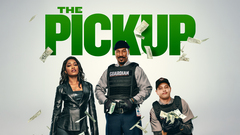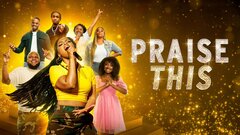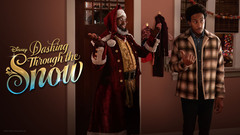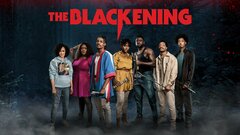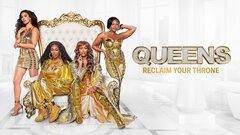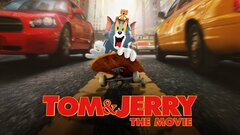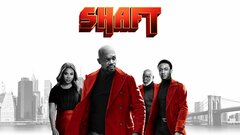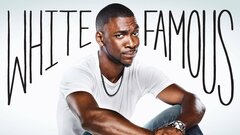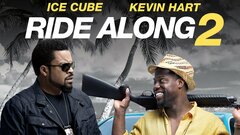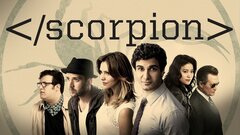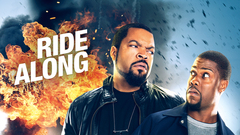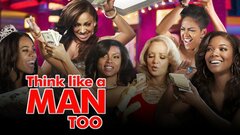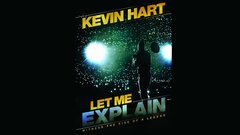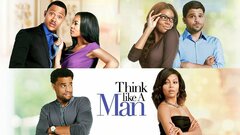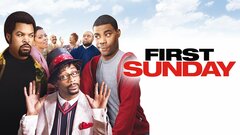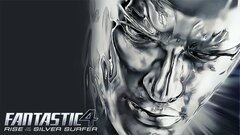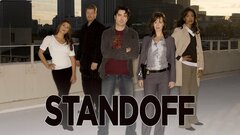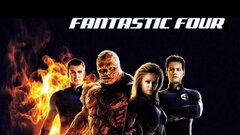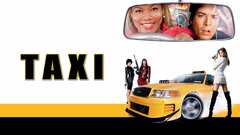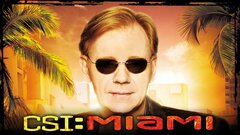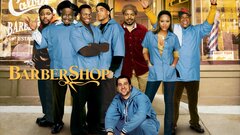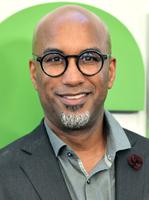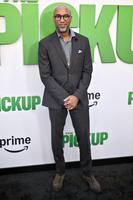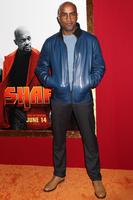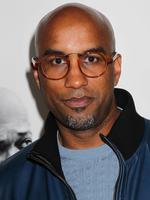Since the release of his breakout comedy, "Barbershop" (2002), a low-budget ensemble piece about the goings on of a barbershop on the south side of Chicago, director Tim Story has vaulted over the competition into the upper echelons of filmmaking. Not satisfied with being a director of so-called urban movies, Story has always considered himself to be "an old school kind of director," one who can handle any material, from comedy to drama and everything in between, regardless of race. That attitude led famed producer Avi Arad to hire the up-and-comong director to helm the adaptation to the Marvel comic book series that started it all, "The Fantastic Four" (2005), with little action material on his resume.
Born in Los Angeles, California, Story attended Westchester High School and later graduated from the film school at the University of California. Story made an attempt to become a rap star, starting a group with several friends, but a potential contract with Warner Music was silenced when a group member was gunned down. He segued into music videos, directing spots for 'NSync and R. Kelly, then moved to feature films, writing and directing "The Firing Squad" (1997), a dramatic thriller about three childhood friends who plot the murder of a neighborhood kingpin. Shown in competition at the 1997 Urbanworld Film Festival, "Firing Squad" only made it as far as the video store shelf.
Story then wrote the screenplay for the action horror release, "Urban Menace" (1999), starring Snoop Dogg as a preacher who wreaks havoc on a group of local thugs after his family was killed and his church burned down. Co-starring Ice-T and Ernie Hudson, and lazily directed by Albert Pyun, all involved were spared box office embarrassment with a quiet release to video. Three years would follow until Story has his name on another film. But the time between projects was well spent.
The result was "Barbershop," a hit comedy about a barbershop owner (Ice Cube) who sells the family business to a local loan shark (Keith David) because of the crime-ridden neighborhood that surrounds it. Realizing his business means more to the lives of employees and customers than just a place to get a haircut-it's a place to trade stories and speak one's mind-he tries to get back the legacy left to him by his father and grandfather. Entertaining and energetic, "Barbershop" opened at number one in mid-September and went on to grab over $75 million in domestic box office.
Meanwhile, reviews for the ensemble comedy were positive and Story went from obscurity to celebrity overnight. Though success breeds envy, no one wanted to be in Story's sh s after his next effort, "Taxi" (2004). Why he chose to remake the 1998 French hit when he presumably had the pick of the litter is best left a mystery. Starring a bumbling Jimmy Fallon and an upbeat, but ineffective Queen Latifah, the action-comedy, about a down-and-out cop (Fallon) forced to team up with a daredevil taxi driver (Latifah) because he has no license, failed to enthuse anyone.
Critics savaged the movie as bland, unfunny and over-the-top, and the negative reviews were reflected in the film's poor showing at the box office. Undeterred by the critical and financial failure of "Taxi," Story signed on to helm the first installment of the presumed franchise, "The Fantastic Four." With a budget nearly eight times that of "Barbershop," the comic book adaptation went on to gross more than half its budget on opening weekend.
Starring Jessica Alba, Chris Evans, Michael Chiklis and Ioan Gruffudd as the famed family and friends whose DNA was altered in a cosmic storm, giving them unprecedented super powers and unwanted attention, "Fantastic Four" was drubbed by critics for its thin plot, weak characterizations and cut-rate special effects. Asked about the poor reception, Story replied that he didn't make the movie for them, but for audiences. Story was ultimately happy with the results-particularly the initial box office returns-as talk about a potential sequel circulated after opening weekend.
